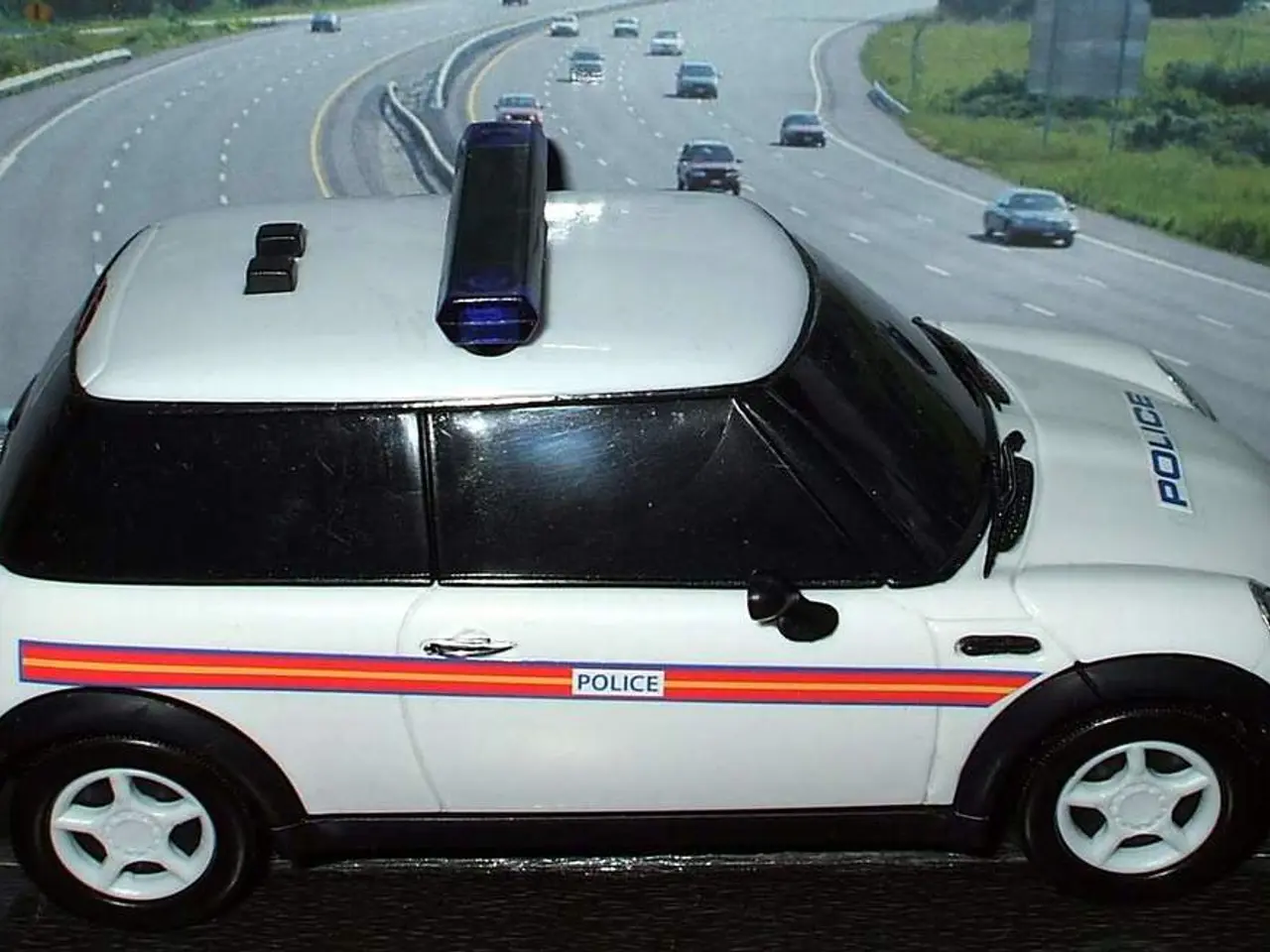Authorities in the United States have given green light to widespread immigration checks conducted by law enforcement across Los Angeles.
In a controversial decision, the U.S. Supreme Court has lifted an order preventing government agents from carrying out roving patrols to detain migrants in California. This ruling, made by a majority of the justices, reflects a split where some justices supported broader enforcement powers, while others opposed them due to concerns about civil liberties and potential overreach of authority.
The decision, favouring President Donald Trump's increasingly hardline stance on immigration, has sparked protests in Los Angeles. Masked and heavily armed agents have been targeting groups of people at home improvement stores, car washes, or on farms around the city, leading to a series of high-profile raids.
One such raid occurred last month outside a Los Angeles home furnishings store, where ICE agents grabbed more than a dozen people in a "Trojan Horse" operation. The raids have been criticized for being bluntly aimed at anyone who appears to be Latino or who is speaking Spanish, a claim supported by California Governor Gavin Newsom, who called the practice a deliberate attempt to hurt the state and its diverse people.
The ruling has been met with dissent from the three liberal members of the court, with Justice Sonia Sotomayor, one of the dissenting justices, writing that the Constitution does not permit the creation of a second-class citizenship status based on appearance, language, or job.
Despite a previous order by a lower court that agents must have specific reasons to arrest people, beyond their speaking Spanish or gathering in places popular with those seeking casual work, agents have continued to push boundaries even after the stay order was issued.
The case remains alive in lower courts and could again end up before the highest court. Rights groups argue that the raids appear to be arresting people largely based on their race, a claim that a three-judge panel previously denied a government appeal to overturn.
The Supreme Court did not state reasons for its decision to lift the stay order, leaving many questioning the motives behind the ruling. The practice, according to Newsom, is not about enforcing immigration laws, but about targeting Latinos and anyone who doesn't look or sound like Stephen Miller's idea of an American.
The case continues to be a contentious issue, with both sides presenting compelling arguments. As the situation develops, it is crucial to maintain a balanced and factual approach to reporting on this complex issue.
Read also:
- Tobacco industry's suggested changes on a legislative modification are disregarded by health journalists
- Trump's Policies: Tariffs, AI, Surveillance, and Possible Martial Law
- Uncovering Political Ad Transparency: A Guide to Investigating opponent's Political Advertisements in the Digital Realm
- Elon Musk praises JD Vance's debate performance against Tim Walz








